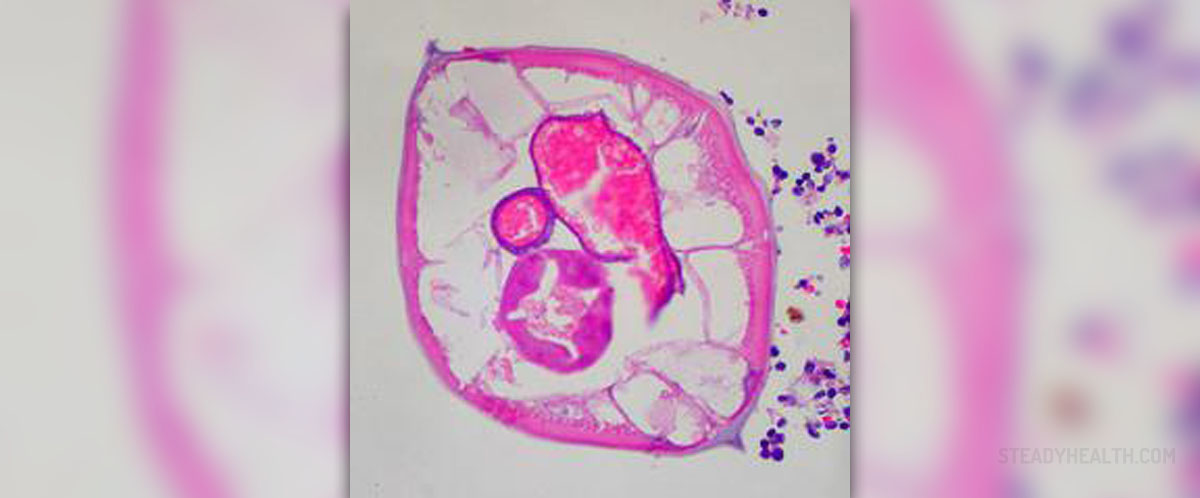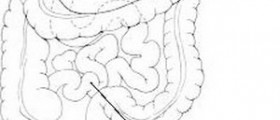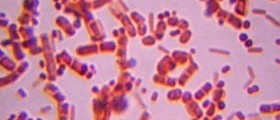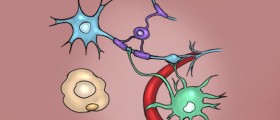
What is the appendix?
Vermiform appendix, or simply appendix, is a blind-ended tube connected to the cecum, a pouch, connecting the ileum with the ascending colon of the large intestine. The human appendix usually measures somewhere around 10cm, but its normal size can be anywhere between 2 to 20 cm. This thin tube is situated at the lower right portion of the abdomen, but in some rare patients, it may be positioned at the lower left side. Most commonly, scientists talk about the appendix as about the vestigial structure, which has lost its original function. However, some of the scientists argue that they have found possible secondary functions of human appendix.
Functions of the appendix
For many years, scientists believe that appendix has a very little physiological function. Even Charles Darwin argued that appendix was once used for digesting leaves as primates. According to this theory, appendix lost its purpose during evolution. Moreover, appendix can be removed from the body, without causing any unfavorable health consequences to the patient. The appendix is routinely removed when it comes to the inflammation in this part of the body and leaving it inside of the body, untreated, can even be fatal.
However, some modern studies indicate that one of the possible functions of the appendix may be to provide an optimum environment for growth and protection of bacteria that are beneficial in the human colon, and human body. Moreover, appendix may serve as a rescue place where beneficial bacteria can hide when the body is overwhelmed with gastrointestinal problems causing diarrhea. Diarrhea is one of the leading causes of death in developing countries, partially because it flushes away beneficial bacteria from the rest of the intestines.
Some of the scientists highlight the appendix’s endocrine function in fetuses and adults. An investigation conducted on appendix of 11-week-old fetuses, found a number of endocrine cells in this tube. Moreover, studies show that appendix acts as a lymphatic organ, since it is proven rich in lymphoid cells, which protect the body systems from infection.
One of the most interesting theories about the functions of appendix suggests that it not only produces hormones important for fetal development, but also trains the immune system to react properly to infection-causing agents, by exposing the body to antigens so that it can produce antibodies.
Some doctors have even stopped removing the appendix during surgical procedures, to preserve its possible function. Appendix can actually be transplanted into the urinary tract to reconstruct a sphincter muscle and restore a purposeful bladder.

















Your thoughts on this
Loading...